Search the Special Collections and Archives Portal
Search Results
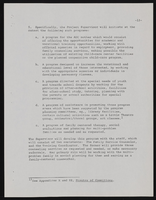
man000629-046
Text
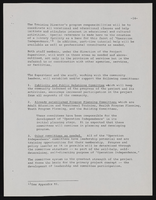
man000629-047
Text
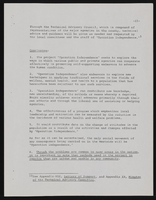
man000629-048
Text
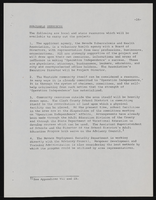
man000629-049
Text
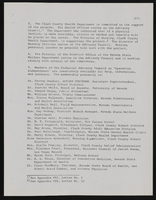
man000629-050
Text
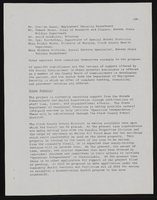
man000629-051
Text
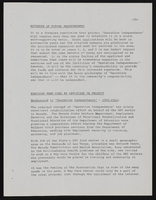
man000629-052
Text
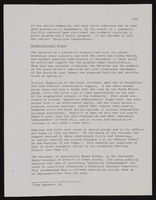
man000629-053
Text
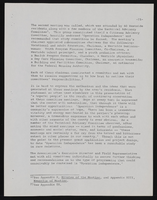
man000629-054
Text
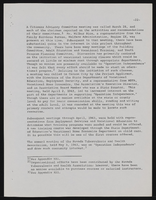
man000629-055
Text
Pagination
Refine my results
Content Type
Creator or Contributor
Subject
Archival Collection
Digital Project
Resource Type
Year
Material Type
Place
Language
Records Classification
